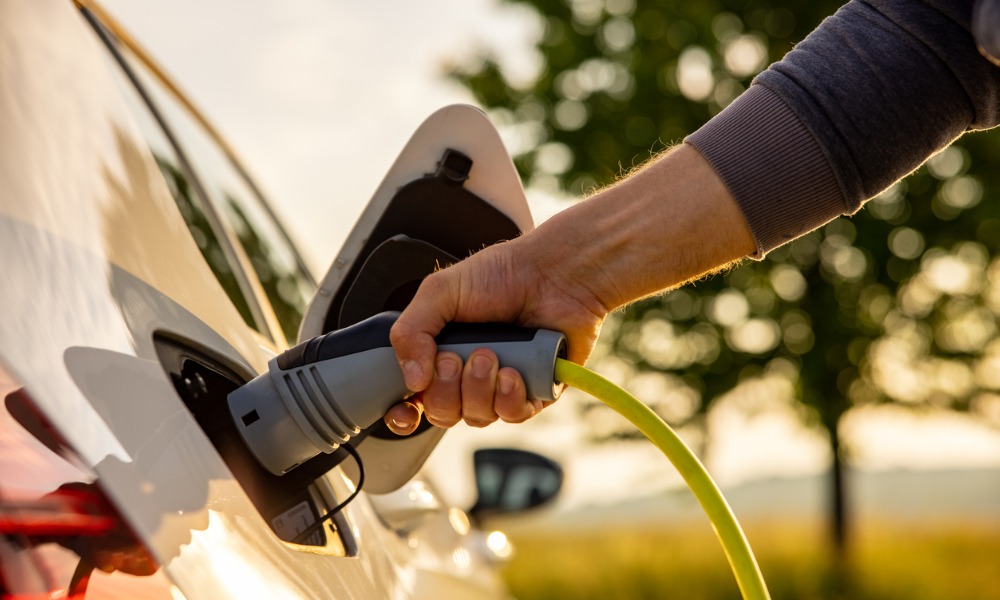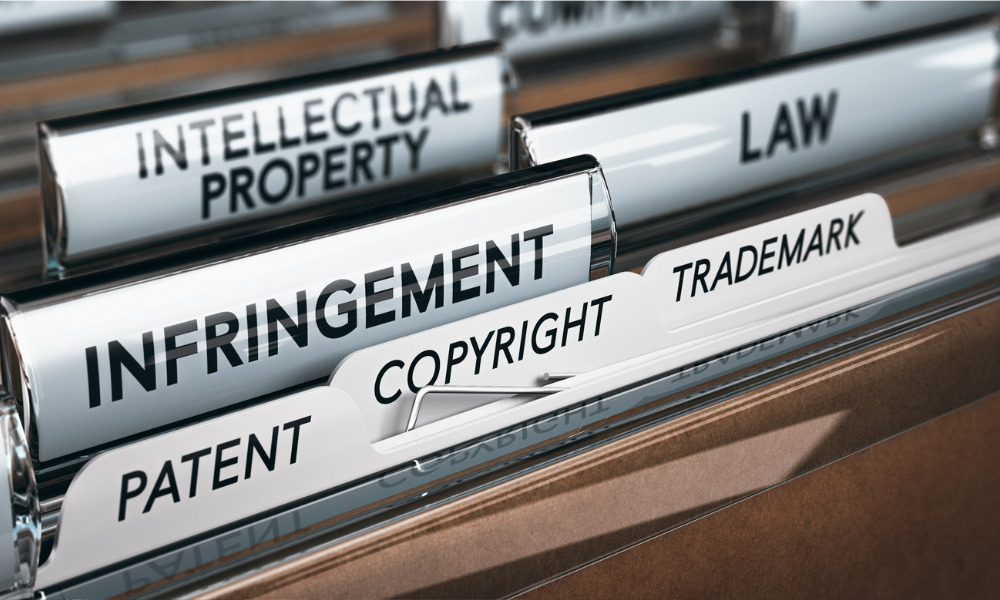The court found it amounts to an excise, which only Parliament has the power to impose

The High Court has ruled that a provision in Victoria's Zero and Low Emission Vehicle Distance-based Charge Act 2021 (ZLEV) is invalid because it imposes a duty of excise, an exclusive power of the Commonwealth Parliament.
In Vanderstock & Anor v State of Victoria [2023] HCA 30, Christopher Vanderstock and Kathleen Davies are registered operators of ZLEVs. They filed a lawsuit against the State of Victoria, challenging the validity of s. 7(1) of the ZLEV Charge Act on the ground that it imposes a duty of excise within the meaning of s.90 of the Constitution. Section 90 relevantly provides that the power of the Commonwealth Parliament "to impose duties of customs and of excise" is "exclusive" of the powers of the States and self-governing Territories.
The High Court found that s. 7(1) of the ZLEV Charge Act requires the registered operator of a zero or low-emissions vehicle to pay a charge for "use of the ZLEV on specified roads." "Specified road" is defined under the ZLEV Charge Act to include, in effect, all public roads in Australia.
The ZLEV charge is determined annually at a prescribed rate for each kilometre travelled by the ZLEV on specified roads during a financial year. For the 2021-2022 financial year, the prescribed rate was 2.5 cents for an electric or hydrogen vehicle and two cents for a plug-in hybrid electric vehicle. The ZLEV charge is a debt due to the State of Victoria.
The High Court, by majority, ultimately found that s. 7(1) of the ZLEV Charge Act is invalid. The court said that an excise within the meaning of s. 90 is an inland tax on goods. The court explained that the ZLEV charge is a tax on goods because there is a close relation between the tax and the use of ZLEVs, and the tax affects ZLEVs as articles of commerce, including because it tends to affect demand for ZLEVs.
Following the High Court's decision, the NSW government said it will study the constitutional implications of a planned road user charge (RUC) in NSW. NSW further noted that the ruling could see drivers of non-electric vehicles as the only road users contributing to road maintenance. The decision raises significant questions about the fairness of existing tax arrangements during the transition to net zero.
"The transition to net zero is only possible if the rules are applied fairly and are seen to be fair," Treasurer Daniel Mookhey said.
The NSW Government will also begin discussions with the other states and territories.










